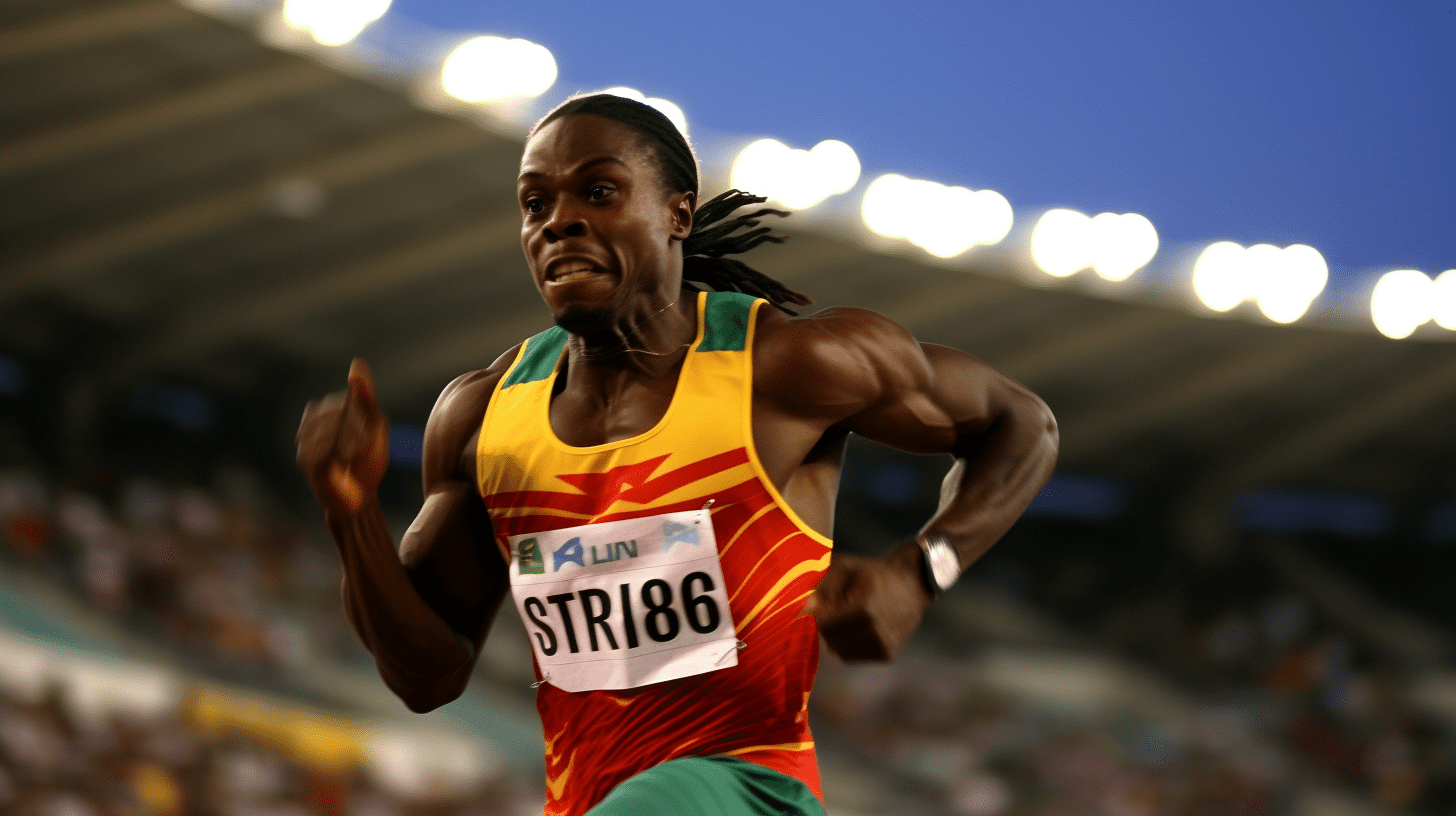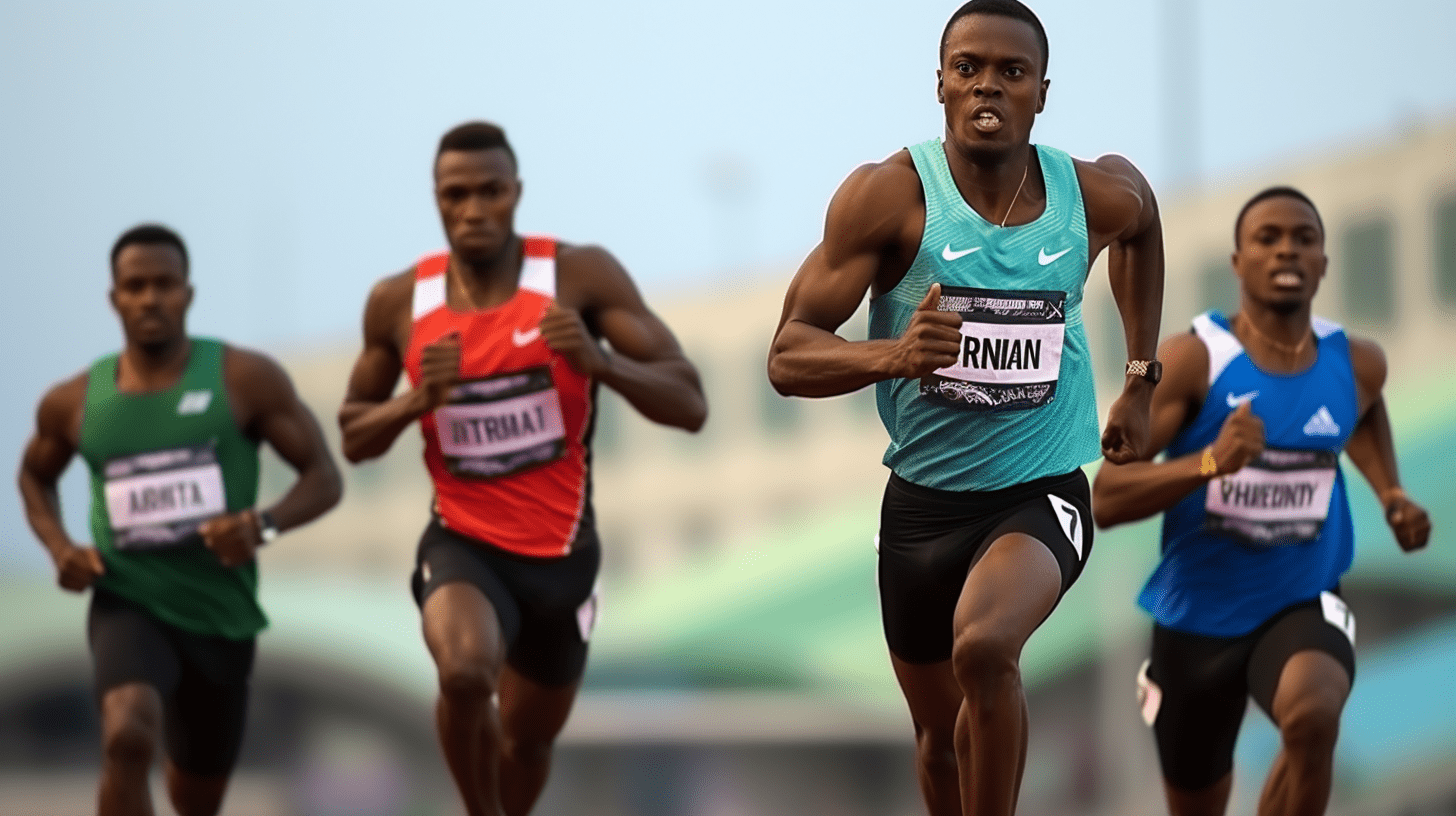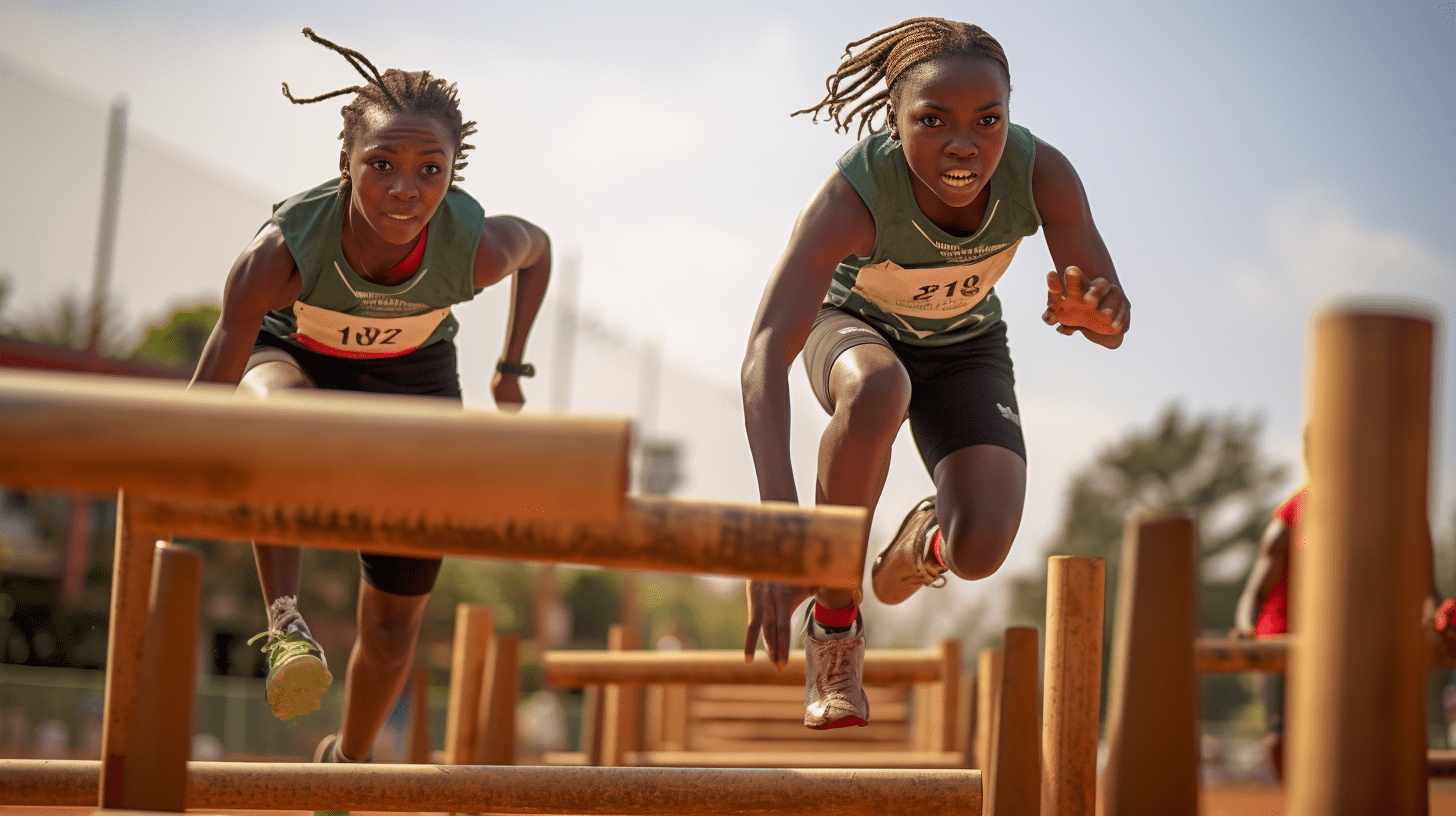- Home
- Wiki
- Learning Center
- Mastering Track and Field Betting: A Comprehensive Guide to Placing Winning Bets
Mastering Track and Field Betting: A Comprehensive Guide to Placing Winning Bets
Track and field is an ancient sporting event, with competitions dating back to Ancient Greece in the 8th century BC. The emergence of this discipline was tied to the training of strong and valiant warriors, capable of defending their homeland.

After track and field was introduced to the Summer Olympics program in 1896, the sport experienced rapid growth. Track and field is a popular sport that doesn't require significant investment from organizers or participants.
Due to its accessibility, it's widely practiced in African nations, with numerous world records held by African athletes. Betting on track and field is appealing due to predictable outcomes, a wide range of events, and the sport's aesthetic appeal.
Disciplines in ATrack and Field for Betting
Men's track and field features 24 events in most tournaments, while the women's has 23. The core track and field events include:
- Various distance running, both with and without hurdles;
- Team relay races;
- Long jump, high jump, pole vault, and triple jump;
- Javelin, discus, and hammer throws;
- Shot put;
- Race walking;
- Decathlon and heptathlon.
The difference between the men's and women's track and field programs in the Olympics is the absence of the 50km race walking event for women.

Which Tournaments and Events to Bet on in Track and Field
Every year, dozens of track and field championships of global and regional scales take place:
- The Summer Olympic Games every 4 years – since 1956, the Olympic track and field program includes 24 events. The United States holds the record for the most medals at the Olympics with over 800 awards;
- World Championships every 2 years, with the USA, Kenya, and Russia leading in medals with 414, 161, and 142 awards respectively;
- European Championships every 2 years, with the top European teams in terms of medals being Great Britain, Germany, France, Poland, and Russia;
- World Cross Country Championships every 2 years – over the past 15-20 years, the best results in the tournament have been shown by athletes from Kenya, Ethiopia, and Uganda;
- World Junior Championships every 2 years for athletes under 19 years old.
Other significant competitions include the World Indoor Championships, IAAF Continental Cup, World Race Walking Cup, and IAAF Diamond League.

Easier Track and Field Disciplines to Bet On
Experienced bettors tend to favor three track and field events – long-distance running, combined events, and relays.
Long-distance race outcomes are less influenced by chance – a poor start or stumble doesn't always prevent finishing first.
In combined events, the total score depends on several disciplines, reducing the role of randomness.
In relays, with four players in each team, one member's weak performance doesn't always impact the team's overall result.
Challenging Track and Field Disciplines to Bet On
Short-distance races and technical events are highly susceptible to the influence of chance.
In short-distance races, a stumble at the start can prevent even a clear favorite from finishing first.
In technical events, such as jumps and throws, weather conditions can significantly alter participants' results.
Types of Bets on Track and Field
Bookmakers offer a less varied line-up for track and field compared to more popular sports:
- Race winner;
- Tournament winner;
- Best results in a pair;
- TOP-3, TOP-5, TOP-10.
- The simplest track and field bets are on an athlete making it to the TOP-3, TOP-5, or TOP-10, or head-to-head matchups.
For major competitions, such as the Olympic Games and World Championships, bookies often provide long-term bets on the medal tally.
Event Analysis and How to Place a Bet
Track and field is a relatively predictable discipline where strong participants win in most cases.
Placing a bet involves a detailed sports analysis:
- Athlete's physical condition – potential injuries, recovery times, and frequency of participation;
- Past race results – outcomes of recent competitions involving the athlete;
- Motivation – both financial and personal motivations of the athlete. For instance, some participants are driven by substantial prize money, while others aim for records and bringing glory to their country;
- Competition stage – top athletes often conserve energy during qualifiers;
- Age – as athletes grow older, they tend to lose physical form and the ability to achieve peak performances.
Additional factors to consider in the analysis include weather conditions, home stadium advantage, and arena conditions. Athletes often perform better when competing in their home arenas in front of local fans. Weather conditions, such as heat, rain, or high humidity, can impact race outcomes.

Pros and Cons of Track and Fields Betting
Pros
- A variety of interesting events to bet on.
- Fewer unexpected outcomes.
- Opportunity to find value odds.
Cons
- Limited betting options.
- Fewer tournaments covered.
- Higher margins compared to more popular sports.
FAQ
You can bet on a variety of events, from sprints and long-distance races to technical events like jumps and throws.
Track and field is relatively predictable, with fewer unexpected outcomes compared to some other sports. Strong participants often win in most cases.
Value odds refer to odds that are priced better than you'd expect, offering a potential profitable opportunity for bettors who can spot them.
No, due to limited coverage, not all tournaments might be available for betting. Major events like the Olympics or World Championships are more likely to be covered.
The margin is often higher because track and field is less commercialized than other popular sports, leading to potentially less liquidity in the market.
Weather conditions, such as rain, heat, or high humidity, can impact athletes' performances, especially in technical events. It's essential to consider these factors when placing bets.

Comments0